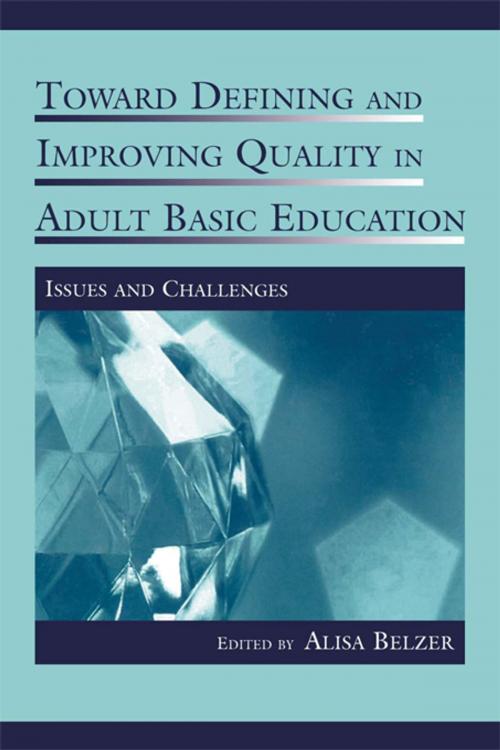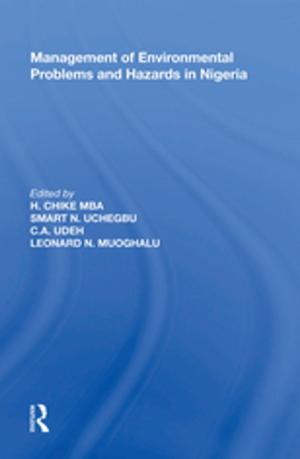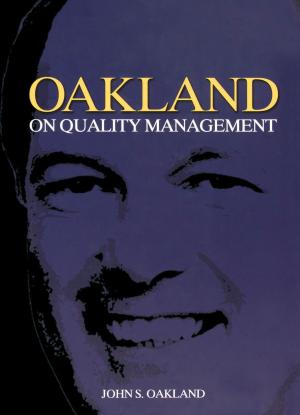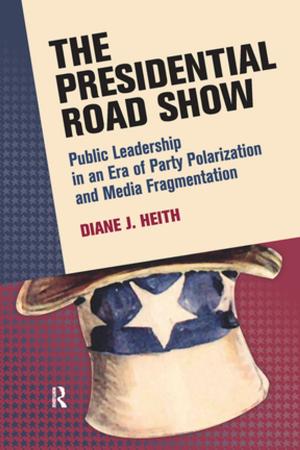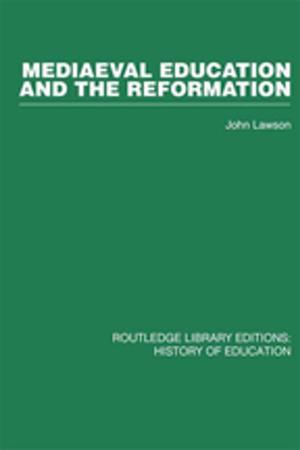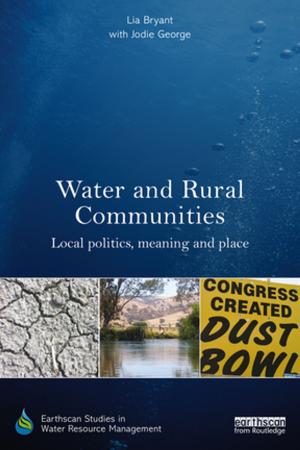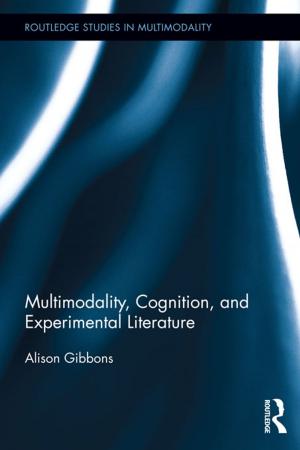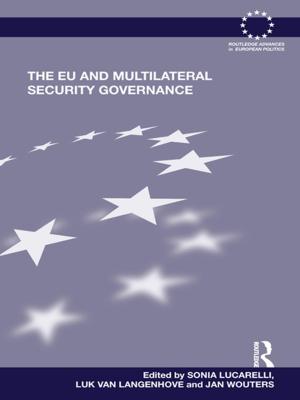Toward Defining and Improving Quality in Adult Basic Education
Issues and Challenges
Nonfiction, Reference & Language, Education & Teaching, Educational Theory, Adult & Continuing Education| Author: | ISBN: | 9781135601317 | |
| Publisher: | Taylor and Francis | Publication: | September 13, 2013 |
| Imprint: | Routledge | Language: | English |
| Author: | |
| ISBN: | 9781135601317 |
| Publisher: | Taylor and Francis |
| Publication: | September 13, 2013 |
| Imprint: | Routledge |
| Language: | English |
This volume revisits, problematizes, and expands the meaning of quality in the context of adult basic education. Covering a wide range of relevant topics, it includes contributors from the realms of both policy and practice and encompasses both the major instructional areas-reading, writing, and mathematics-as well as larger issues of literacy, learning, and adulthood. Each chapter focuses on what improving quality in the field might look like through the particular lens of the author's work. As a whole, the broad scope of topics and ideas addressed will raise the level of discussion, knowledge, and practice regarding quality in adult basic education.
In this book, the term adult basic education refers to the broad range of services for adults who wish to improve their literacy and language skills, including beginning and intermediate writing, writing and numeracy, preGED, GED/Adult Secondary Education, and ESL instruction that takes place in a range of contexts including schools, community-based programs, and workplace development programs. The volume is organized around three themes:
*Accountability, Standards, and the Use of Documentation and Research;
*Program Structures and Instruction; and
*Rethinking Our Assumptions and Concepts.
Coming at a time of increasing pressure to standardize, to be accountable, and to improve outcomes, and when calls for evidence-based practice are fueling stakeholders' interest in the relationship between research and practice at all levels of the system, Toward Defining and Improving Quality in Adult Basic Education is particularly timely for scholars, graduate students, and professionals in the field of adult basic education.
This volume revisits, problematizes, and expands the meaning of quality in the context of adult basic education. Covering a wide range of relevant topics, it includes contributors from the realms of both policy and practice and encompasses both the major instructional areas-reading, writing, and mathematics-as well as larger issues of literacy, learning, and adulthood. Each chapter focuses on what improving quality in the field might look like through the particular lens of the author's work. As a whole, the broad scope of topics and ideas addressed will raise the level of discussion, knowledge, and practice regarding quality in adult basic education.
In this book, the term adult basic education refers to the broad range of services for adults who wish to improve their literacy and language skills, including beginning and intermediate writing, writing and numeracy, preGED, GED/Adult Secondary Education, and ESL instruction that takes place in a range of contexts including schools, community-based programs, and workplace development programs. The volume is organized around three themes:
*Accountability, Standards, and the Use of Documentation and Research;
*Program Structures and Instruction; and
*Rethinking Our Assumptions and Concepts.
Coming at a time of increasing pressure to standardize, to be accountable, and to improve outcomes, and when calls for evidence-based practice are fueling stakeholders' interest in the relationship between research and practice at all levels of the system, Toward Defining and Improving Quality in Adult Basic Education is particularly timely for scholars, graduate students, and professionals in the field of adult basic education.
